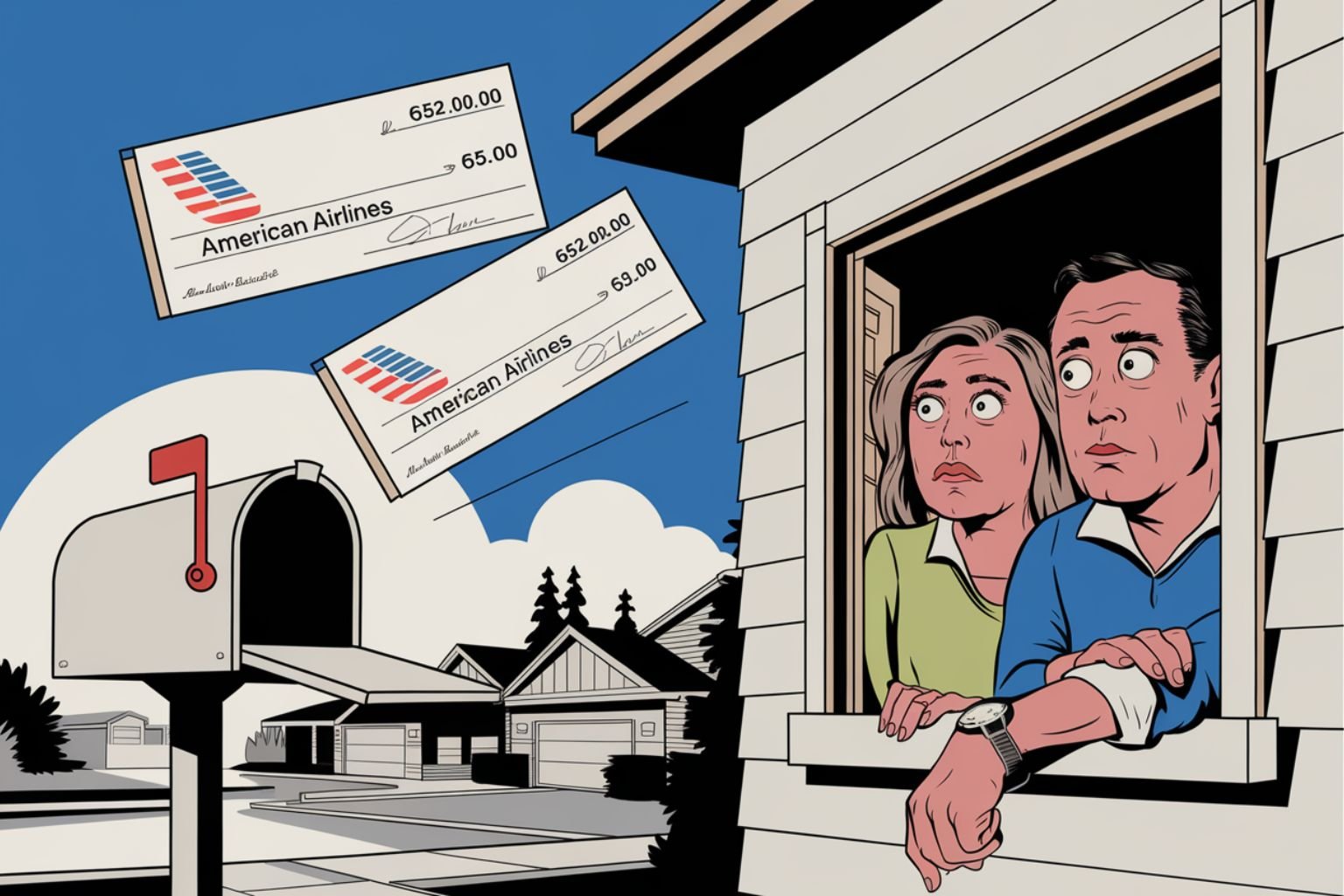Michael Donato has a Travel Up problem — and it’s bringing him down. He booked a nonrefundable hotel room in Florida through the site. Then a spring storm blew up his vacation plans. Can he still get a refund?
Question
I recently booked a hotel room at the Sheraton Sand Key in Clearwater Beach, Fla., through a company called Travel Up via Trivago. A Nor’easter prevented me from traveling to Tampa from Philadelphia.
I called Sheraton immediately after my flight cancellation. Sheraton canceled the room and said it would charge me for one day plus an administrative fee, for a total of $389. Travel Up customer service was responsive initially but now has fallen silent. I understand the administrative fee, but charging me for a day seems unethical. Can you help? — Michael Donato, Wildwood Crest, N.J.
Answer
I can see how this Travel Up problem would bring you down.
Unfortunately, these types of cancellation charges are common. From a hotel’s perspective, they make sense. They’re not getting the revenue they expected. From a customer’s perspective, not so much — especially if they can’t check in for reasons beyond their control, like a Nor’easter.
Typically, a hotel will waive its cancellation fees after a storm in a place like Florida. But not always.
Executive contacts for Sheraton (owned by Marriott) are on this site. A brief, polite email to a manager might have fixed this for you. You could have also reached out to Trivago (owned by Expedia).
What’s up with this Travel Up problem?
But the answer to your Travel Up problem was with Travel Up. When a member of our advocacy team contacted the company, even it didn’t know who charged the fee. Four different parties handled your reservation, including the hotel, an online agency, a reseller, and a tour operator. Whew!
What’s the benefit of all these intermediaries? I can’t really think of any — except, maybe, to the intermediaries. (Related: Talking up travel industry ‘chatbots’.)
Assume nothing
If there’s a takeaway from your case, it’s this: Never assume the company taking your reservation controls it. Like a mortgage, it seems it can be transferred all over the place. Buyer beware.
I find this confusion as maddening as you. If you’re doing business with one company, it should take responsibility for the product. Full stop. Instead, you have to go on a fact-finding mission to discover who actually has your reservation, and who charged you a fee. (Here’s what you need to know about holiday travel.)
In the end, Travel Up found your reservation. A Spanish tour operator called Jumbo Tours had it. Travel Up spoke with the company on your behalf, and Jumbo issued a full refund.




